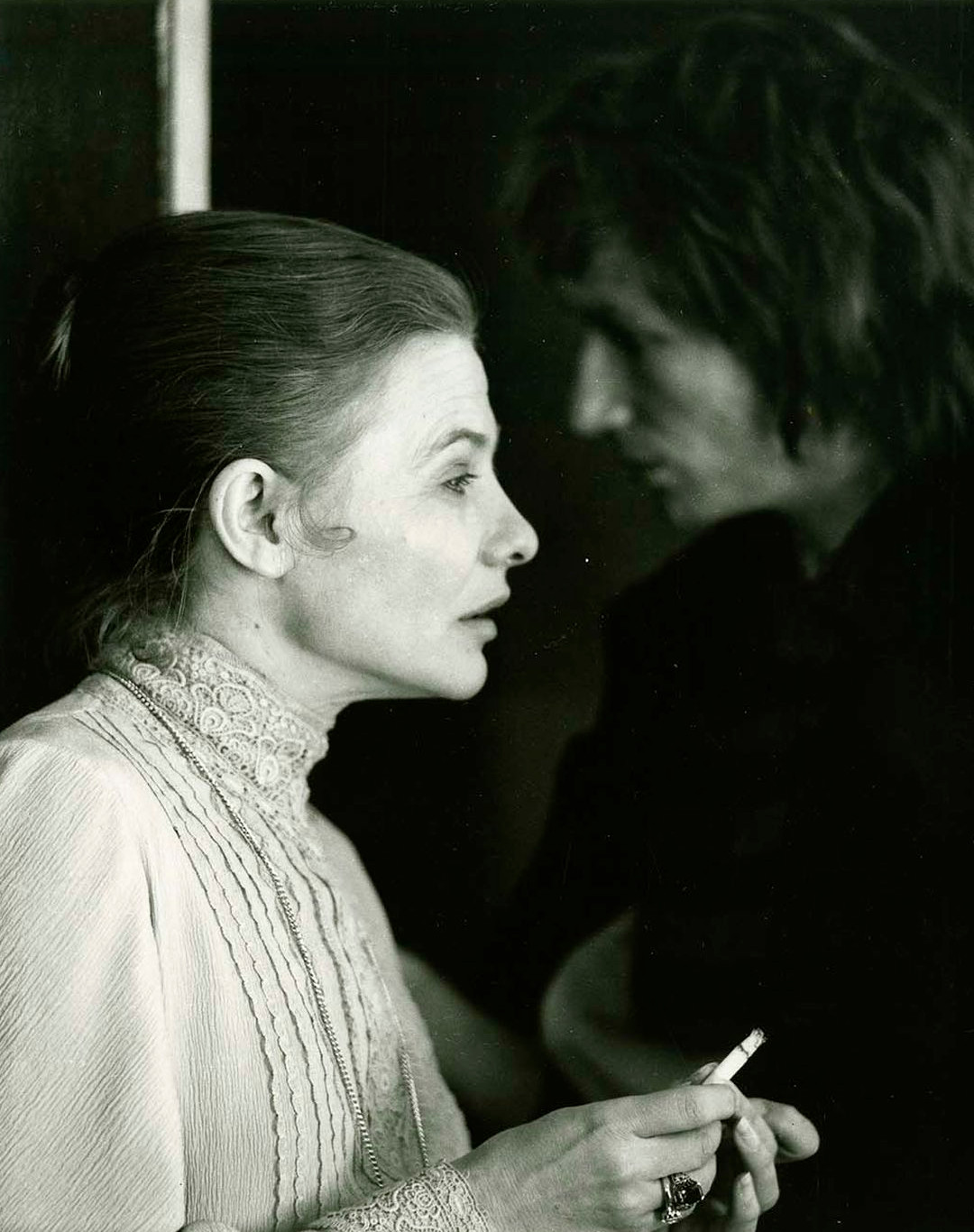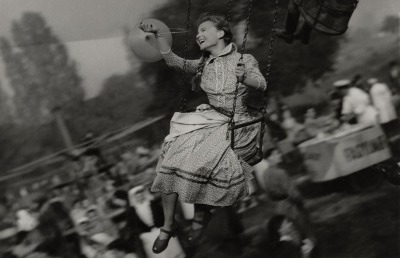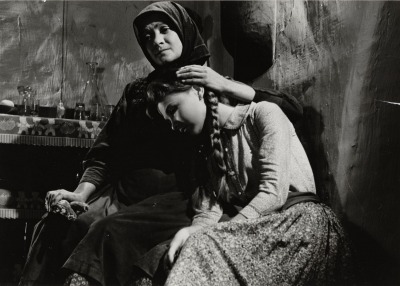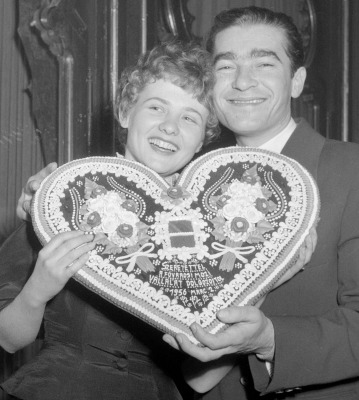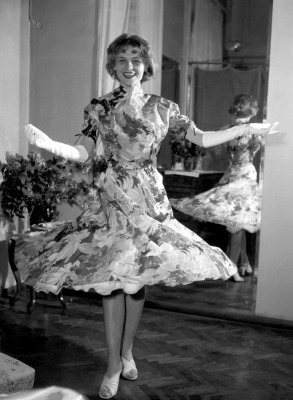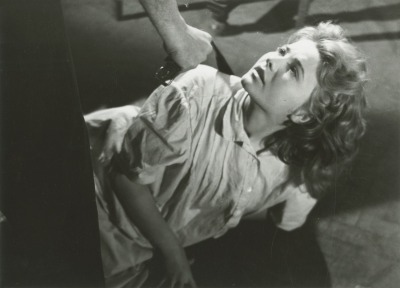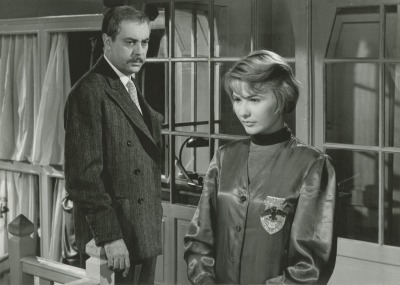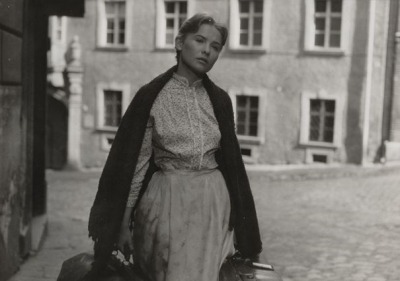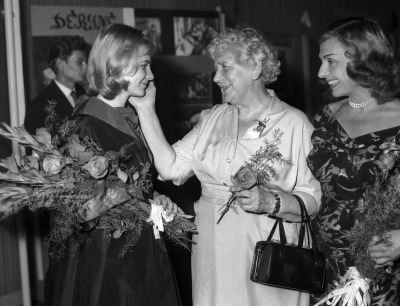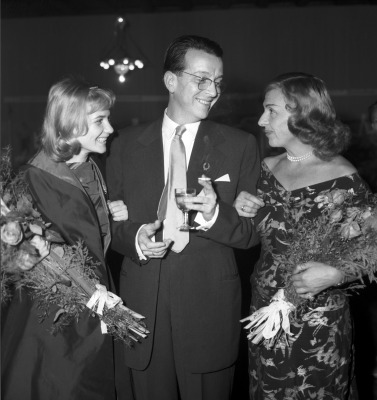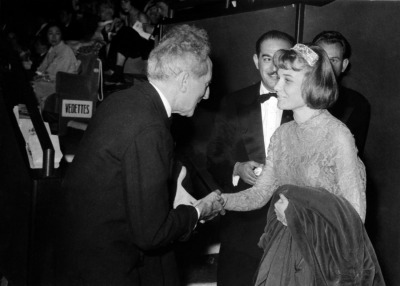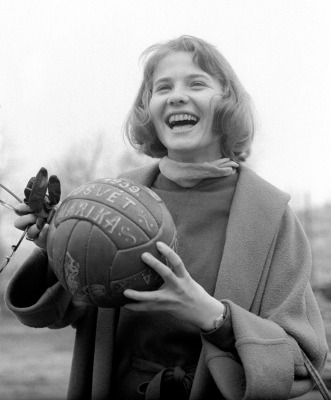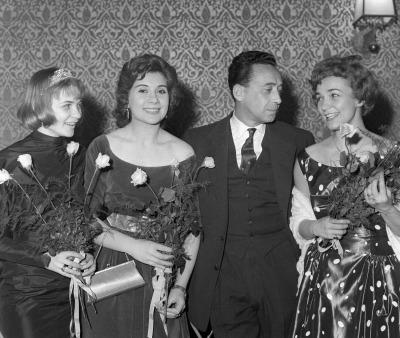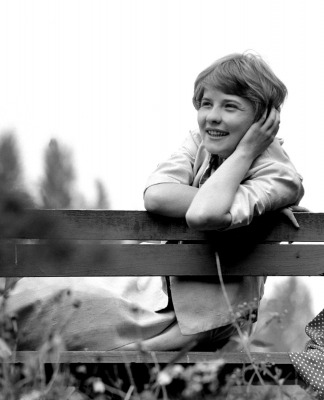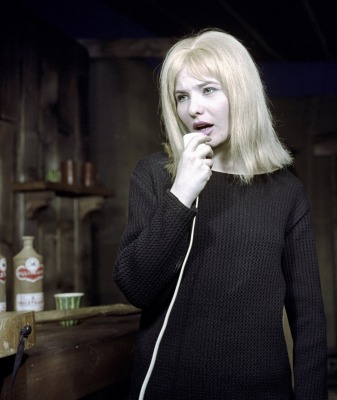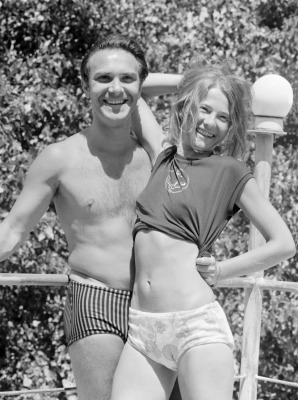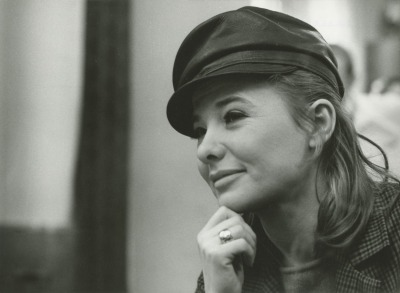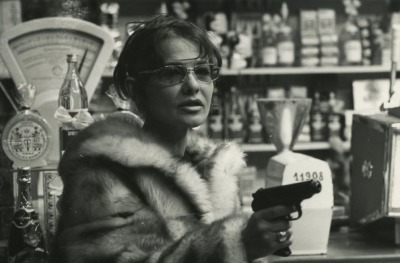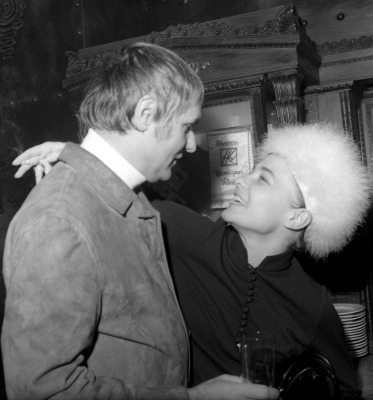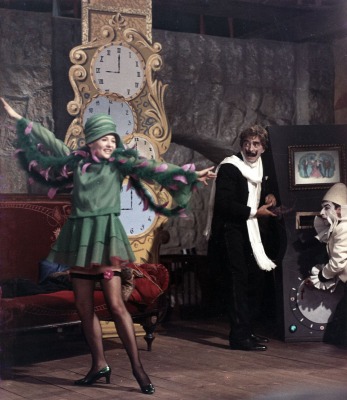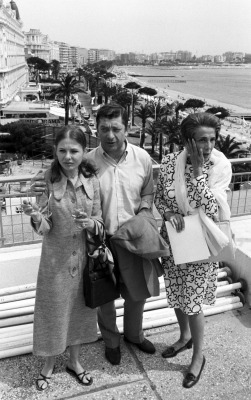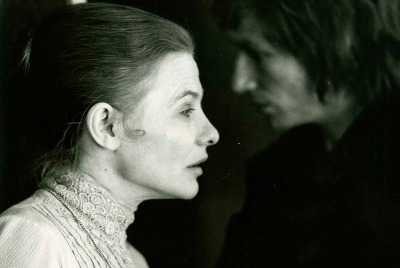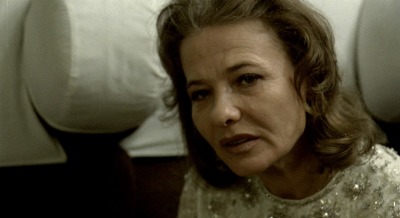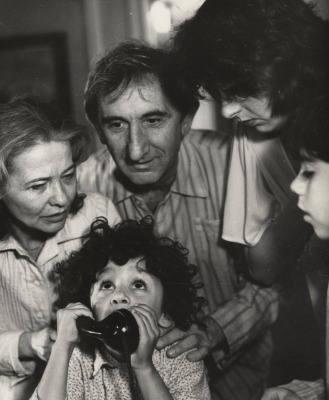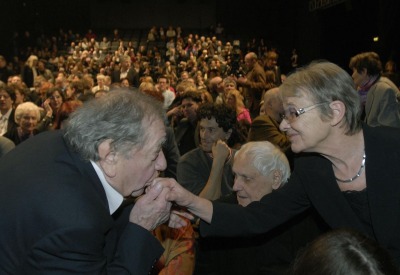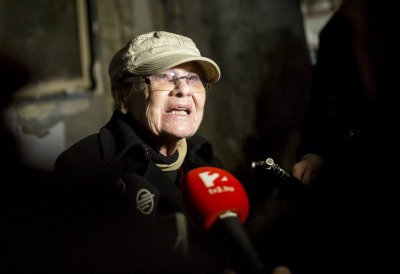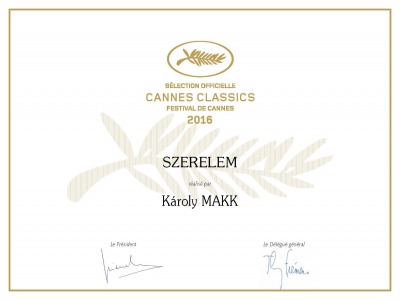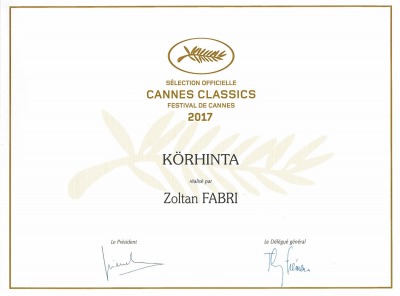Mari Törőcsik, the greatest actress of modern Hungarian film and theatre, died on 16 April, in her 86th year, after an extended illness.
Her first global appearance was at the 1956 Cannes Film Festival having played the lead role in Zoltán Fábri’s Körhinta (Merry-Go-Round, 1955). During the festival, Francois Truffaut, who was then a journalist with the weekly Arts, said he would have definitely given her the prize for best actress, and Jean Cocteau also praised the talent of the young artist. Truffaut wrote: “without the twenty-year-old artist knowing it, she was the biggest star of the festival.”
Over the past half century, she played every role open to an actress. She worked with Zoltán Fábri, Miklós Jancsó, Márta Mészáros and Károly Makk on several occasions. She regularly attended the Cannes Film Festival. She captivated the Croisette audience in Fábri’s Édes Anna (Anna), Jancsó’s Szerelemem, Elektra (Electra My Love), Károly Makk’s Szerelem (Love) and Gyula Maár’s Déryné, hol van? (Mrs. Déry, Where Are You?). In 1971, she again came close to the Cannes prize for best actress for her moving portrayal in Makk’s Cannes Jury Prize film Szerelem (Love), while finally she took the prestigious award for her role in the 1976 film by Gyula Maár. Mari Törőcsik also performed in two Hungarian films nominated for Oscars, Zoltán Fábri’s adaptation of the novel by Ferenc Molnár, A Pál utcai fiúk (The Boys of Paul Street, 1968), and the movie Macskajáték (Catsplay) by Károly Makk in 1975. International audiences saw her again in the 1984 film Szamárköhögés (Whooping Cough) by Péter Gárdos, which won first prize at the Chicago film festival, in 1989 in Costa Gavras’s Golden Bear-winning Music Box and in 1999 when she played in István Szabó’s Napfény íze (Sunshine).
Mari Törőcsik (gallery)
Mari Törőcsik had been unwell for a long time and in the past few years she spent periods in hospital. Her final film appearance was the lead role in Márta Mészáros’s work Aurora Borealis - Északi fény (Aurora Borealis – Northern Lights, 2017).
